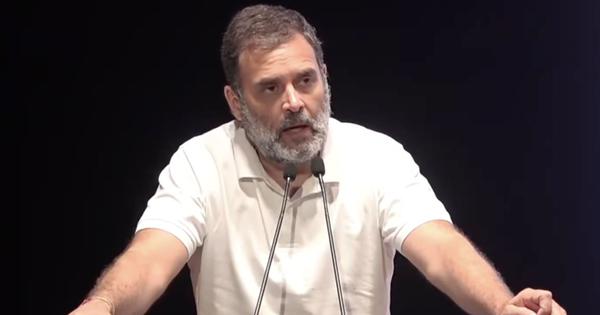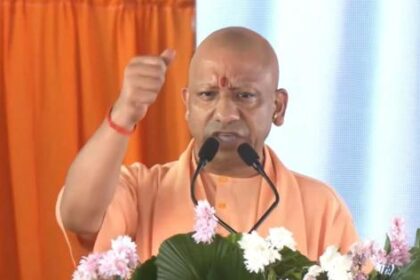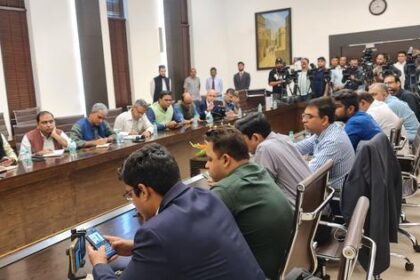Court action follows allegations of sedition against Congress leader for statements about the Indian state.
A court in Lucknow, Uttar Pradesh, has instructed that a formal complaint be registered against Congress leader Rahul Gandhi. This directive stems from a statement made by Gandhi during the inauguration of the new Congress headquarters in New Delhi earlier this year. The court’s order, issued by the Additional Chief Judicial Magistrate, follows a complaint lodged by an advocate who claims that Gandhi’s remarks were ‘seditious and anti-national’.
The specific statements in question were made during a January event, where Gandhi asserted that the Congress Party is engaged in a struggle not only against the Bharatiya Janata Party (BJP) and the Rashtriya Swayamsevak Sangh (RSS) but also against “the Indian state itself.” This declaration has raised significant concern among the complainants, who argue that Gandhi’s phrasing suggests a confrontation with the very foundations of the Republic of India.
The complaint, which names several Congress leaders, including party chief Mallikarjun Kharge and others present at the event, contends that Gandhi’s use of the term “Indian state” implies a direct challenge to the legitimacy of India as a nation. The advocate has expressed that this statement undermines the sovereignty, unity, and integrity of the country, as it encompasses all citizens and constitutional institutions, including Parliament and the judiciary.
As a result of this complaint, the court has scheduled a hearing for October 1, where the statement of the complainant will be formally recorded. This legal action highlights the ongoing tensions between the Congress Party and the ruling BJP, with Gandhi previously suggesting that the Congress is not in a fair fight with the current government, which he claims has entrenched itself within almost every institutional framework of the nation.
The backdrop of this case is significant, as it reflects the broader political climate in India, where statements made by political leaders are scrutinized and can lead to serious legal implications. Gandhi’s remarks have sparked discussions regarding the limits of political expression and the interpretations of dissent in contemporary India.
The outcome of this case may not only affect Gandhi and the Congress Party but could also set a precedent for how political statements are perceived and prosecuted in the future. As the date of the hearing approaches, all eyes will be on the proceedings and their potential impact on India’s political landscape.








